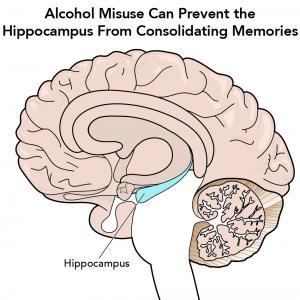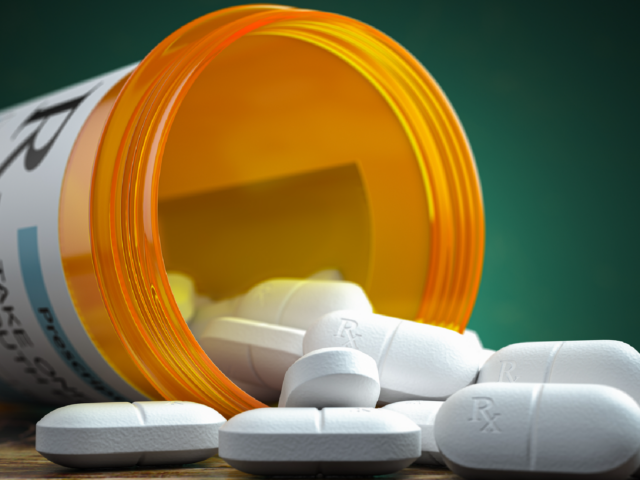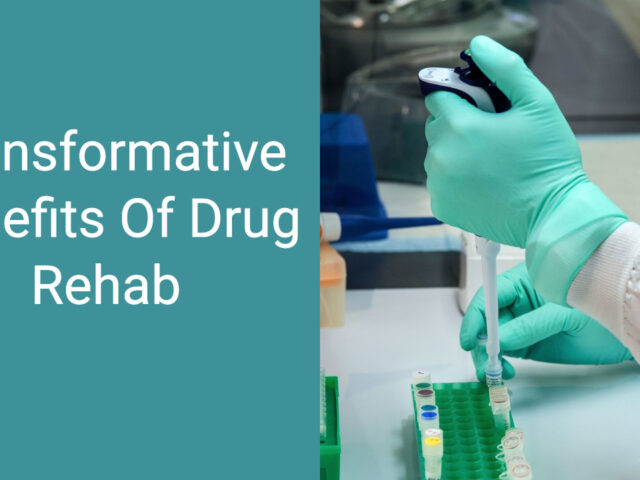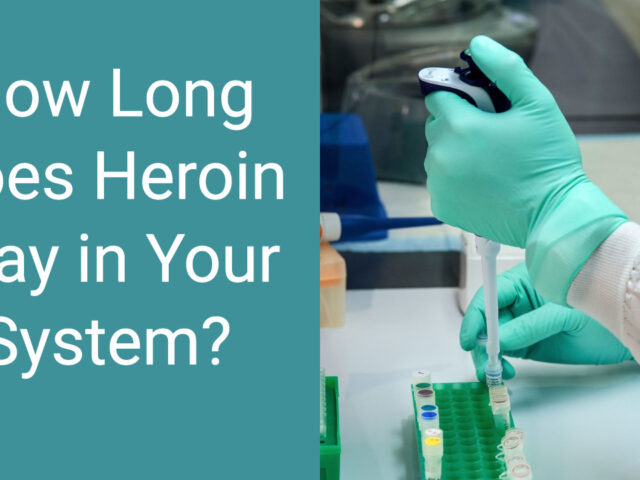Blackouts are a notorious effect of heavy drinking.
We see blacking out from drinking everywhere on the TV and in movies, often presented as a fun experience or rite of passage for young people. In the U.S., over a quarter of the adult population report that they binge drink,1 which puts them at high risk for alcohol-induced blackouts.

The culture surrounding the U.S. college experience also features drinking to the point of blacking out as desirable and fun. About a third of all college students say that they binge drink1, and over 1,500 students die annually from alcohol-related causes.1
Because of the serious risks involved with alcohol-induced blackouts, it’s important to understand what they are, why they happen, and when to seek help.
What Are Blackouts?
Blackouts are episodes of amnesia caused by drinking heavy amounts of alcohol.2 In other words, they are gaps in your memory due to excessive drinking.
Types of Alcohol-Induced Blackout
There are two main types of alcohol-induced blackouts: partial and full. Both types involve the brain failing to create memories, but they are distinguished by the extent of that memory impairment.
Partial Blackouts
Partial blackouts are also known as “fragmentary blackouts”2,4 and are less severe than full blackouts.
If you experience this kind of blackout, you have a spotty memory of what happened while you were drinking. This may feel like having “islands” of memory with the time in between missing.
Full Blackouts
Full blackouts are also known as “en bloc”2 blackouts and are the more severe of the two types. With a full blackout, you have no memories of the events that happened while you were intoxicated. Even if you put in the effort to remember, or have cues to assist you, you cannot recall details. It can feel as though that period of time never happened at all.
Are Blackouts the Same as Passing Out?
Blacking out and passing out are two different things.
When you pass out, you fall asleep or lose consciousness. This can be caused by drinking too much alcohol, but also by many other things like:3
- A seizure
- A temporary drop in blood pressure caused by heavy bleeding
- Stimulation of the vagus nerve caused by everyday occurrences like straining during a bowel movement, laughing very hard, or getting an injection
- Standing up too fast
Some of these causes for passing out can be serious, but others (like standing up too fast) can be very minor. Your healthcare professional can help you determine the severity of the issue if you are passing out from any of these causes.
In contrast, when you blackout, you are still awake. You may appear very drunk but can also appear completely lucid. Some peoples’ brains are still able to retain some short-term information, allowing you to participate in conversations and activities while blacked out. To another person, you might not give any indication of being drunk at all. But your brain is not forming any new long-term memories, so as soon as five minutes later, you will not be able to remember what just happened.
Passing out can happen certainly after a blackout, but they are distinct states.
How Does Alcohol Cause Blackouts?
So, how does drinking alcohol result in blacking out?
The part of your brain responsible for turning short-term memories into long-term memories is called the hippocampus. When you drink heavily, the alcohol impacts your hippocampus and prevents it from completing this storage process.2,4,5,6 This explains why someone who is blacked out might be able to have a conversation and do normal activities at the time, but later, they have no memory of anything that happened.

In most people, blackouts can begin when you reach a blood alcohol concentration (BAC) of 0.162, which is nearly double the legal driving limit. They most commonly occur at a BAC of between 0.20 to 0.30 percent.2 But if you are taking medication for sleep or anxiety, the BAC at which you blackout could be significantly lower.
As with anything related to alcohol consumption, it varies from one person to the next, but there are certain risk factors that increase the likelihood of blacking out.
Risk Factors for Blacking Out
In addition to the amount of alcohol consumed, there are additional risk factors that make experiencing an alcohol-induced blackout more likely. These risk factors include:2
- Drinking on an empty stomach
- Drinking while sleep deprived
- Drinking rapidly
- Taking additional drugs
The Dangers of Alcohol-Induced Blackouts
Binge Drinking and Blackouts
Because blackouts are caused by drinking a large amount of alcohol over a short amount of time, they are closely associated with binge drinking.
Binge drinking is defined as four or more drinks on a single occasion for women and five or more for men.7 It carries its own serious risks and health effects, including:7
- Alcohol poisoning
- Alcohol use disorder
- Miscarriage or stillbirth in pregnant women
- Anxiety
- High blood pressure
- Heart disease
- Liver disease
- Stroke
- Cancer
On top of these potential health issues, binge drinking8 that causes blackouts can cause a host of additional problems in both the short and long term.
The Short-Term Risks of Alcohol-Induced Blackouts
You may not remember what happened while you were blacked out, but that doesn’t mean that nothing significant happened. Heavy drinking can impair your ability to:?
- Make decisions
- Control impulses
- Walk and move steadily
Because of this, during a blackout, you could:?
- Say something hurtful or offensive to a friend or loved one
- Get into a fight
- Vandalize property
- Fall and injure yourself
- Have unprotected sex, or engage in other risky sexual behavior
- Drive under the influence
This is why even a single alcohol-induced blackout can have severe and life-threatening consequences. In addition to physical injury to yourself and others, you could also face social and legal consequences ranging from destroying a personal relationship to getting a DUI.
The Long-Term Risks of Alcohol-Induced Blackouts
Alcohol-induced blackouts and binge drinking are closely linked. Prologued heavy drinking that leads to blacking out can result in chronic health issues including:2
- Heart disease
- Liver disease
- Learning and memory issues
It also drastically increases your risk of:2
- Sexually transmitted diseases
- Unplanned pregnancy
- Serious physical injuries
Are Blackouts a Sign of a Problem with Alcohol?
Experiencing alcohol-induced blackouts can be a sign that you need help. One blackout isn’t necessarily a sign that you are suffering from alcohol use disorder, but it is a reason for concern and further examination.2
Blackouts can be a sign that you are no longer in control of the amount of alcohol you drink. For this reason, blackouts are often used as one potential indicator of alcoholism. Alcohol-induced blackouts can be a scary and confusing experience, but help is available.
Get Help with Alcohol Use Disorder in Palm Springs
Struggling with alcohol addiction can be painful and isolating, but with the right support, you can recover. That’s why our Palm Springs drug rehab center is here to help. Our experienced staff can guide you through professional alcohol detox and help you on the road to recovery from alcohol-induced blackouts and the other damaging effects of alcohol addiction.
Find out more about our evidence-based treatment for alcohol addiction.
Frequently Asked Questions
Here are answers to some of the most common queries related to alcohol-induced blackouts.
How many drinks cause a blackout?
While it varies from one person to the next, on average, blackouts occur if you consume four drinks for women, or five drinks for men, over two hours.2 Blacking out is a result of that large amount of alcohol consumed over a short window of time.
Are alcohol-induced blackouts dangerous?
Yes, there are several dangers associated with alcohol-induced blackouts. Even a single blackout can have serious legal, social, and physical consequences. Many of those physical consequences can be life-threatening.
Heavy drinking impairs your ability to make decisions, control your impulses, and walk steadily. These issues could result in you doing or saying something you normally wouldn’t, such as getting into a fight or engaging in risky sexual behavior.
During a blackout, you could:
- Say something that damages your relationship with a friend or loved one
- Engage in violence, which can lead to injury
- Trip and fall, which can result in injury
- Have unprotected sex
- Drive a vehicle while drunk
How can I prevent myself from blacking out while drinking?
Alcohol-induced blackouts occur when you drink a large amount of alcohol in a short amount of time. The amount and time frame differs between people, but you can reduce the likelihood that you will blackout while drinking by:2
- Drinking slowly
- Drinking fewer than four (for women) or five drinks (for men) every two hours
- Eating well before drinking, so you don’t drink on an empty stomach
- Avoiding drinking when you are sleep deprived
- Not mixing alcohol with other drugs, including medications for sleep and anxiety
What should I do if my alcohol-induced blackouts are becoming more frequent?
Alcohol-induced blackouts can be dangerous. Even a single alcohol-induced blackout can be an indication that you have lost control of your drinking and need help. If you are experiencing alcohol-induced blackouts that are becoming more frequent, you should seek treatment from a medical detox center and rehab facility such as ours in Palm Springs.
Resources
1. U.S. Department of Health and Human Services. (n.d.). Alcohol Facts and Statistics. National Institute on Alcohol Abuse and Alcoholism. Retrieved November 30, 2021, from https://www.niaaa.nih.gov/publications/brochures-and-fact-sheets/alcohol-facts-and-statistics.
2. U.S. Department of Health and Human Services. (n.d.). Interrupted memories: Alcohol-induced blackouts. National Institute on Alcohol Abuse and Alcoholism. Retrieved November 30, 2021, from https://www.niaaa.nih.gov/publications/brochures-and-fact-sheets/interrupted-memories-alcohol-induced-blackouts.
3. When should you worry about fainting? Harvard Health. (2019, September 10). Retrieved November 30, 2021, from https://www.health.harvard.edu/diseases-and-conditions/when-should-you-worry-about-fainting.
4. Wetherill, R. R., & Fromme, K. (2011, March 25). Acute alcohol effects on narrative recall and Contextual Memory: An examination of fragmentary blackouts. Addictive Behaviors. Retrieved November 30, 2021, from https://www.sciencedirect.com/science/article/abs/pii/S0306460311001080?via%3Dihub.
5. Acheson, S. K., Stein, R. M., & Swartzwelder, H. S. (2006, May 30). Impairment of semantic and Figural Memory by acute ethanol: Age‐dependent effects. Wiley Online Library. Retrieved November 30, 2021, from https://onlinelibrary.wiley.com/doi/10.1111/j.1530-0277.1998.tb03932.x.
6. Parker, E. S., Birnbaum, I. M., & Noble, E. P. (2006, February 11). Alcohol and memory: Storage and state dependency. Journal of Verbal Learning and Verbal Behavior. Retrieved November 30, 2021, from https://www.sciencedirect.com/science/article/abs/pii/002253717690061X?via%3Dihub.
7. Centers for Disease Control and Prevention. (2021, May 11). Alcohol Use and Your Health. Centers for Disease Control and Prevention. Retrieved November 30, 2021, from https://www.cdc.gov/alcohol/fact-sheets/alcohol-use.htm.
8. Centers for Disease Control and Prevention. (2019, December 30). Binge Drinking. Centers for Disease Control and Prevention. Retrieved November 30, 2021, from https://www.cdc.gov/alcohol/fact-sheets/binge-drinking.htm.










